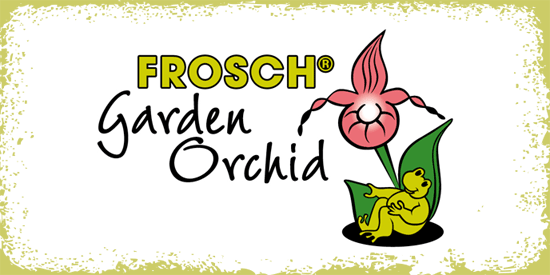Advice for Retailers
It certainly isn't easy making money selling the hardy lady's slipper orchids. So, I would like to make you aware of the two main factors necessary for economic success with cypripediums.
- Firstly, a dedicated sales person is necessary, who is passionate about cypripediums as well as having the patience required. Ideally, they should also have some experience of growing cypripediums in the garden or in the nursery. Regardless whether you run a specialist nursery or a DIY chain store, hardy lady's slippers do not sell just by placing them neatly on the counter.
- These jewels of the garden orchid world are 5-10 times more expensive than an average perennial of the same size. This is why a personal selling approach is essential, giving information as well as an explanation for the different price level (it takes 4-6 years to grow cypripediums to full maturity!). Selling a customer their first Cypripedium is the hardest part. However, once the plant lover experiences good results in the garden, he or she will buy again regardless of the price, without the need for any more sales talk.
- Secondly, you need to keep your losses of surplus cypripediums to a minimum. As they are highly-priced, each loss of a plant will reduce your economic success with garden orchids. In contrast to average perennials, cypripediums grow much easier in beds than in pots. I would recommend keeping the time in pots as short as possible in order to reduce your risk of losses and to ensure the best possible growth. Well grown cypripediums are more robust, so provide good growing conditions and you will have no problems. For more details please request my pdf file with detailed references for care.
- The best way is to grow cypripediums in beds and sell them bare-root via mail order or directly to the customer, which is even possible during the growing season. The best time for shipment and planting is autumn.

Due to the characteristics of cypripediums, as explained above, they are not a plant for the mass market. Thus, they signify a stable niche market for those horticulturists who have the patience required as well as a great love for these delightful jewels of the shady garden.
